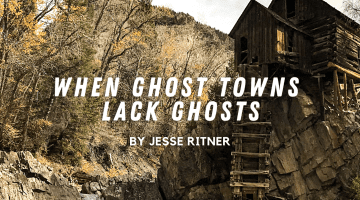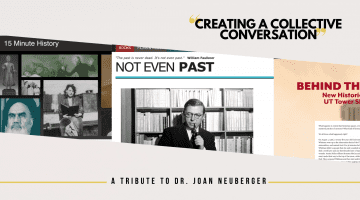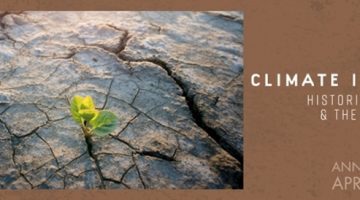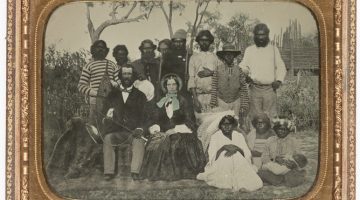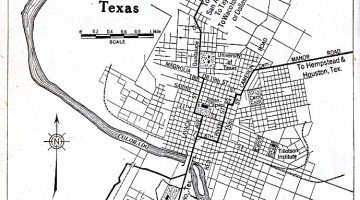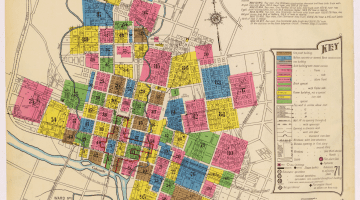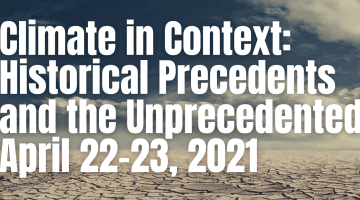
April 22-23, 2021Institute for Historical Studies, University of Texas at AustinFree and open to the public. Register to attend here. This conference brings together diverse scholars whose work grapples with the challenges that climate change presents to the discipline of history. Participants will address precedents for this “unprecedented” crisis by uncovering and analyzing the historical […]
